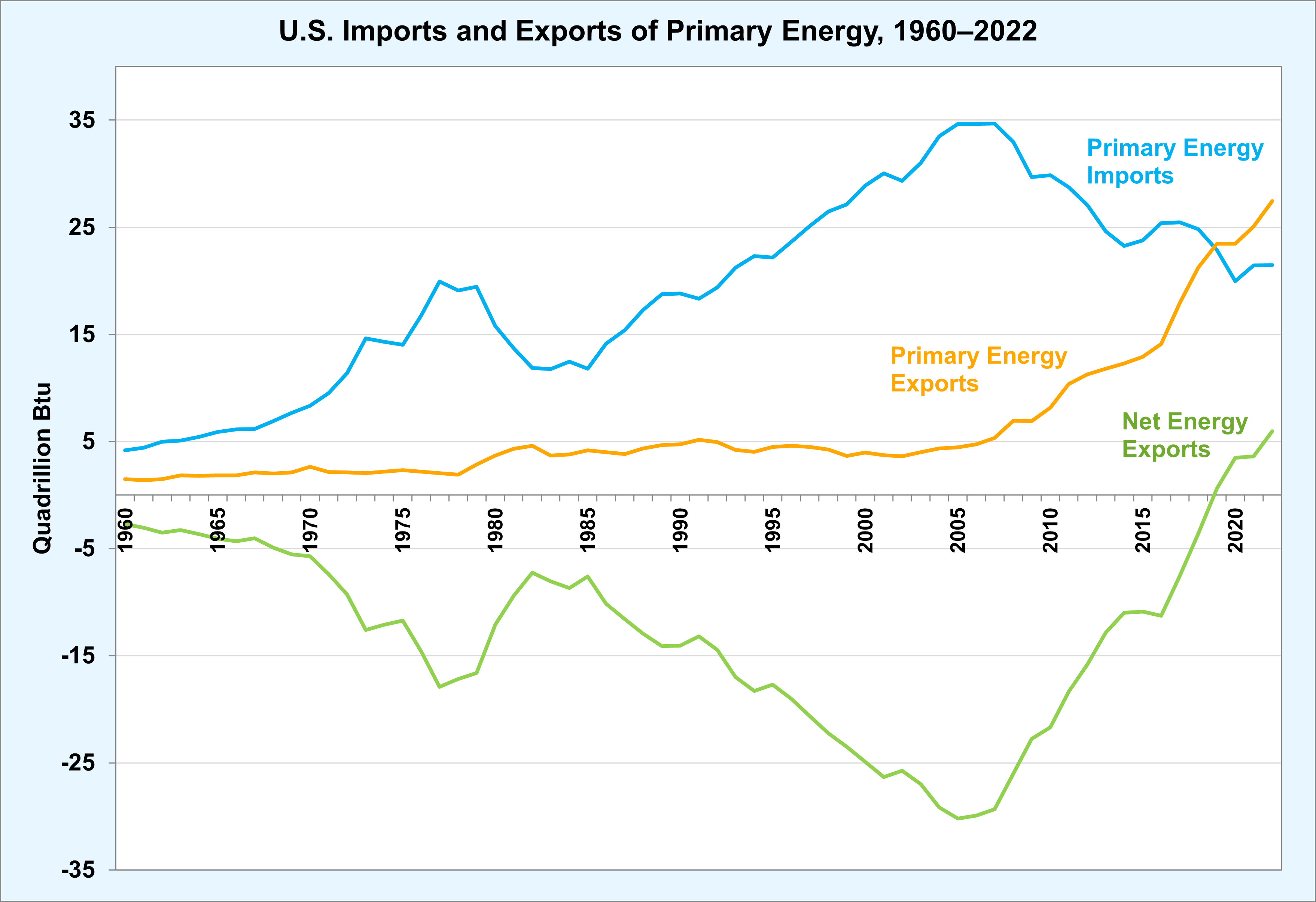I live in rural Pennsylvania, surrounded by family farms, Amish farms, Mennonite farms and some corporate farms. Not a lot of the latter... yet. Rural America is nowhere near ready to go EV. And I'm not talking years away, I'm talking half century plus, away from that goal.
If we want to take family small farms away and give the land to corporations to farm, that would speed up the process a little. I'm not for that. This time every year there are gangs of combines and grain hauling tractor trailers roaming the roads and harvesting the fields. Small farms (<1000 acres) don't have the money to purchase combine harvesters, so that work is contracted out.
These machines are massive; a typical John Deere combine is 36 feet long, 17 feet wide, 16 feet tall and weighs 9000 pounds (plus attachments). Cost is 300k, just for the machine. Then there are all the support vehicles. Several grain hauling tractor trailers, that run constantly catching the grain and running it to a local grain elevator. This is a 24 hour a day process, where all the machines and vehicles never stop for a couple of months. Add in the pickup trucks that haul equipment, trailers and people.
These local farmers care about the land and the weather more than most of us could ever imagine.
Not long ago there was a
hoax story that John Deere was going all electric with their farm equipment. The hoax took on a life of its own and even effected the stock market. Farmers were asking what happens when these massive machines, that are run 24 hours a day, need a charge, and are 20 miles out in the fields, nowhere near any power lines, much less charging infrastructure. And what about the days lost harvesting due to charging? There is a small window of dry, good weather to harvest crops. That is the obvious problem, there's also soil compaction that damages the land. How heavy would an electric combine be? Would rural roads and bridges even carry that load?
That is just one industry. I wish everyone looked within their own lives, and the things we can control. Consumerism and the pollution that produces is a plague. All the plastic bags, plastic drinks bottles. Were paper bags and glass bottles so bad? Most of us are old enough to remember when we got along with a lot less, and we were happy. We also should think about other's lives and livelihoods and not just the ones we see out our front window.
When I was a kid on the Eastern Shore of the Chesapeake Bay, there were 9 inhabited islands in the Bay, now there are 2. There are nearly 12,000 miles of shoreline. A lot of shrinking, sinking and disappearing land. I still have a lot of family there. The highest hill on the DelMarVa peninsula is 300 feet, most people live on land less than 10 feet above sea level. I've had family farmers and fisherman; working poor and middle class. The topic is personal, yet none of the people I know talk in absolutes. This is their life, livelihood and land.
We are changing and making a difference. Air and water is much cleaner than when I was a kid. We farm better, with newer practices, like no till planting that helps retain the top soil. Cars are cleaner than ever, and the cars we have now last twice as long. A 10 year old car in the 70s was on its last legs. The average age of cars on the road today is 12.5 years. That's a lot less in the landfills. Don't let anyone kid you, we are making a difference. I wish some countries, like China, could say the same.
Both the government and the citizenry are debt spending; there's no money in the bank. I want to know the cost of every proposal. I never buy anything for myself without knowing the cost first. That's why I believe tax credits should only go to low income and needy families. I'm far from wealthy, I still work, but I do not need help buying an ebike. No one able to buy a 100 grand Tesla should get any tax credit to do it. That credit is just going on our kid's and grandkid's credit card.

